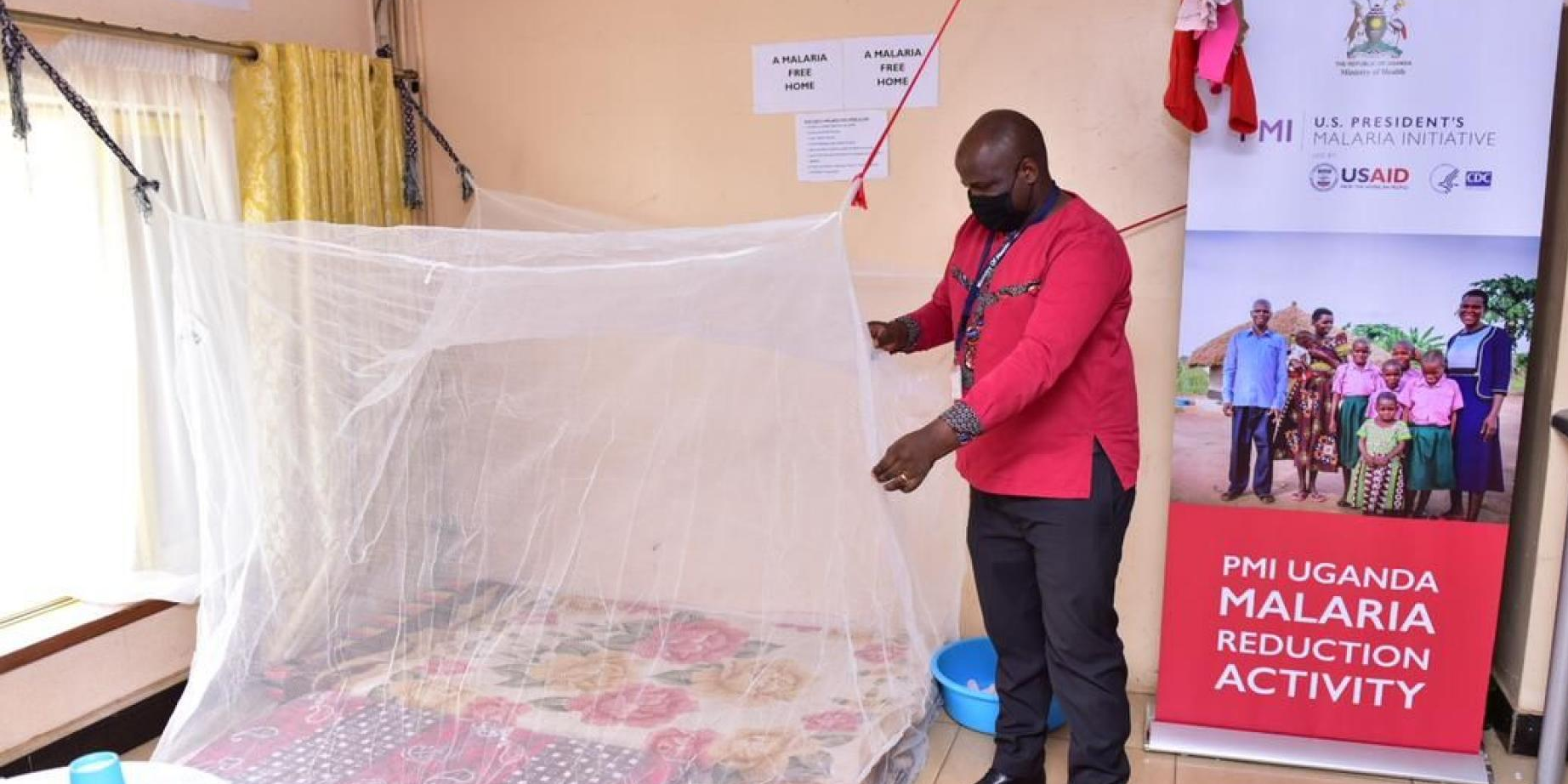With fourteen to sixteen people still succumbing to malaria every day, the Ministry of Health (MOH) signed a new $40 million worth grant on Friday to popularize malaria prevention strategies in communities where prevalence is still very high.
Dr. Jimmy Opigo who heads the Malaria Control programme in the ministry told journalists that unlike before where deaths were most common among children below five years of age, they are seeing a shift in especially urban areas where teenagers are also badly affected.
While this is happening, Uganda boasts of having succeeded in ensuring that households across the country have access to a bed net with coverage estimated at 97%.
Every two years, Health Minister Dr. Jane Ruth Aceng says they redistribute free mosquito nets across the country since science has proven that when properly used, a net can greatly prevent bites that are responsible for malaria. She however notes that while this has been brought to scale, they need to do more to ensure communities appreciate why these prevention methods should be adopted.
Dr. Aceng says the US government through USAID and Centers for Disease Control (CDC) has provided funding of up to $40million asking Uganda to use the money to reduce malaria infections by half in especially highest burden areas of Karamoja, Busoga, Lango and Westnile where prevalence goes to the highs of 22% against the 9% national average.
She says part of the money will go to the private sector to improve the quality of care given there considering that they are the first point of care for most malaria cases before they are referred to government facilities for further management.
According to Benjamin Binagwa, the Chief of Party of this new malaria reduction activity project which lasts until 2027, they have set ambitious targets to reduce infection by 50% and deaths by 75%.
This he said they will do by ensuring each district employs strategies that best suits them with evidence over the years showing them that a one- size fits all strategy doesn’t apply in all contexts giving an example of mosquito nets which are not being appropriately used in the Karamoja region.
On his part, Richard Nelson, the USAID Uganda Mission Director expressed concern that there has been continued stagnation in the malaria fight for the last six years despite funding.
He noted that for the country to get back on the infection elimination track, they need to use resources more efficiently and develop new tools that will help in the fighting pointing out that the country needs to increase domestic funding for malaria.
Currently however, 80% of all malaria funding is by donors.



